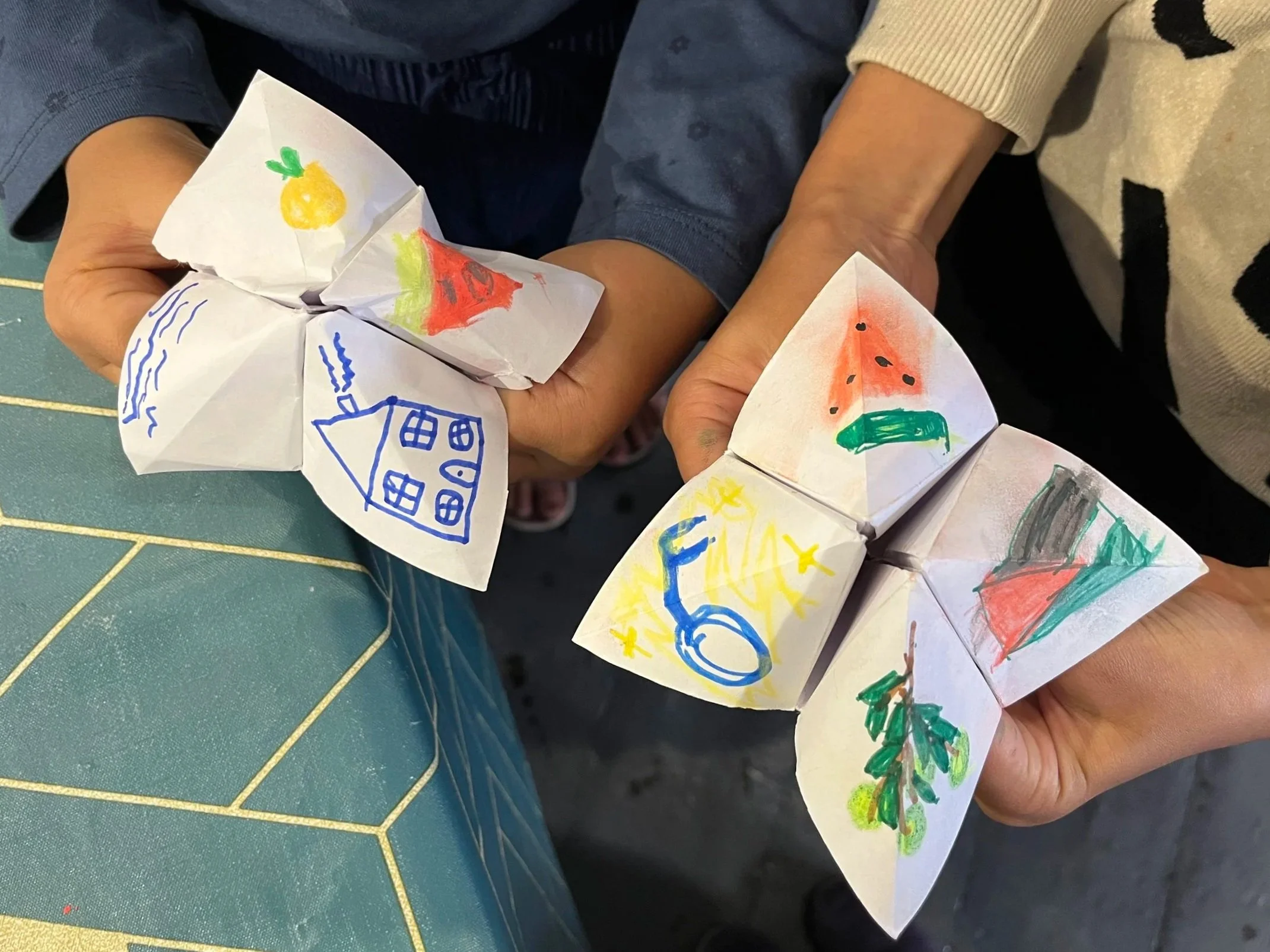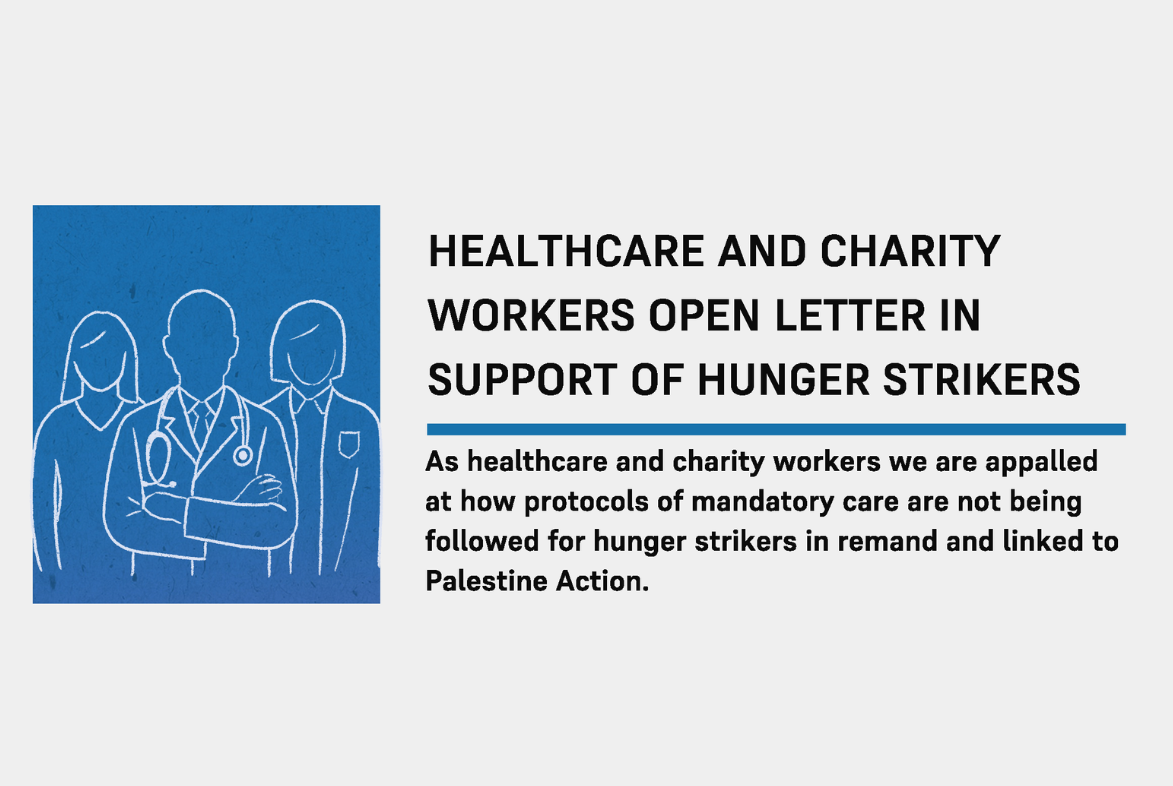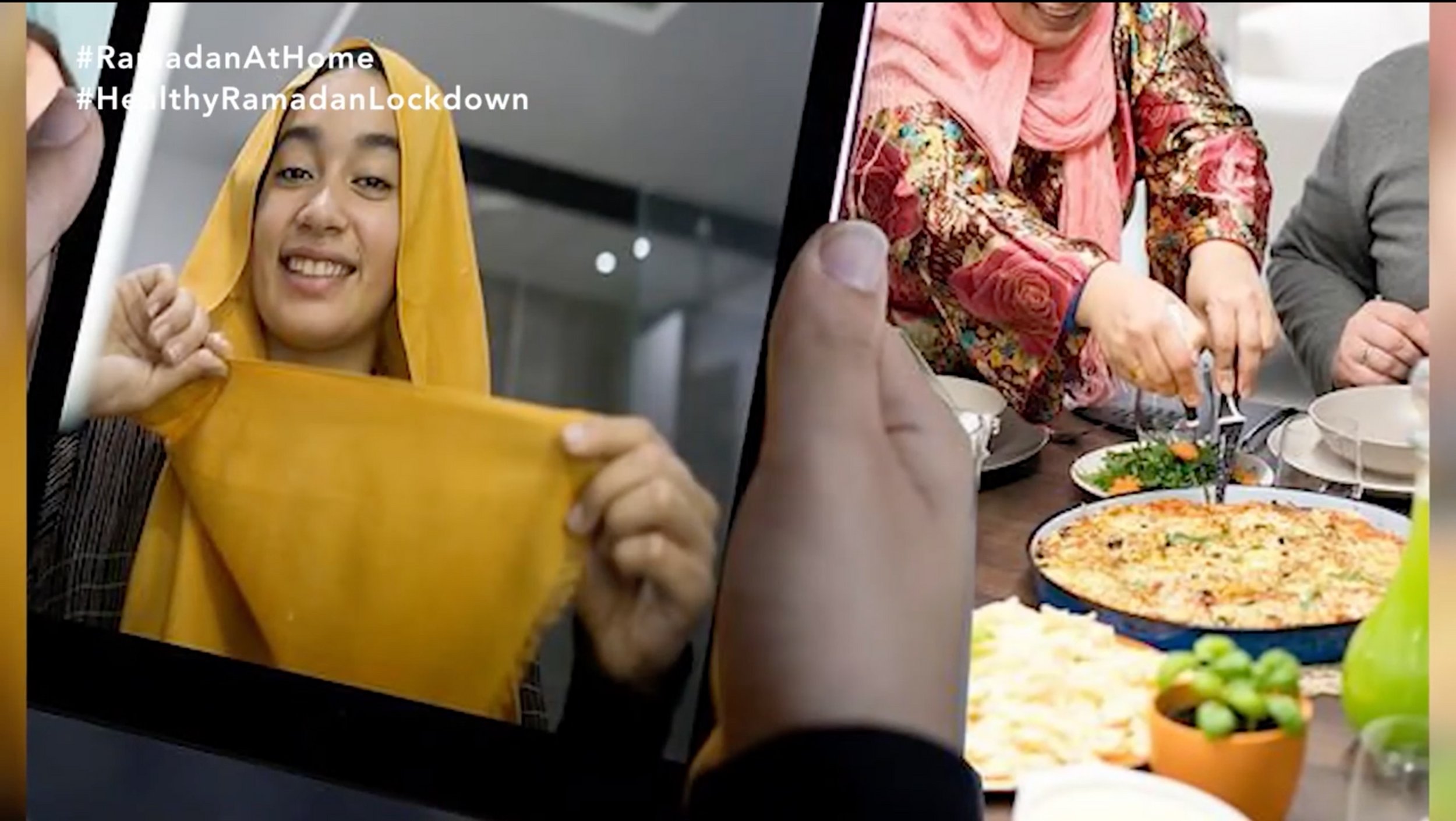Our Work
Maslaha works across a number of areas including education, gender, criminal justice and health.
Maslaha's range of projects means we understand the multiple identities communities hold, and the multiple deprivations that can exist.
Our work is always rooted in practice and with communities and can range from creating resources, working in the arts, designing new services, campaigns, narrative change, and research.
Gender
Muslim women and girls are often among the least heard members of British society. They are frequently dehumanised, censored, punished, and policed. This is perpetuated through institutional sexism, racism, and Islamophobia in policies such as Prevent and negative media portrayals.
Maslaha creates spaces for Muslim girls and women to celebrate their identities and resist oppression. We deliver workshops and create resources by and for Muslim women and girls, working in schools, universities, grassroot community groups and public services.
There are many more gender-related projects and resources to be discovered.
Click the button below to explore the topic.
Education
At Maslaha, we believe education should equip us to reflect critically and transform our world. When teaching and learning is socially, locally and culturally relevant, we can better understand history, our current experiences and how we are all connected.
We work with schools, universities, and charities to develop anti-racist training and education materials. We deliver creative workshops for families to share community knowledge. We also offer in-depth school support, including CPD sessions and building relationships with the community. Schools with Roots has been awarded the Evens Education Prize and the Teach Primary Award.
There are many more education-related projects and resources to be discovered.
Click the button below to explore the topic.
Criminal Justice
18% of the prison population in England and Wales are Muslim (while making up 6% of the general population). Muslims in prison report much more negative experiences, including being subject to use of force such as pava (pepper) spray, and being isolated from others in segregation centres. Yet, the harm they face is often made invisible by focusing on Muslims as a threat or something to fear.
We advocate for better recognition of systemic racism and Islamophobia in prisons, and help ensure public services are responsive to it. We build interventions that respond to the immediate harms of prison, and build sustainable community infrastructure.
There are many more criminal justice-related projects and resources to be discovered.
Click the button below to explore the topic.
Arts & Campaigns
Muslims are often negatively portrayed in the media, stereotyped and criminalised in public discourse, fuelled by racist, sexist and Islamophobic systems of oppression.
Maslaha uses creative tools, such as films, photography, zines, exhibitions and more to influence public imagination and change the narrative around Muslims through the arts and radical storytelling. Our campaigns allow Muslims to expose the impacts of systemic Islamophobia in their lives and challenge these racist narratives by telling their own stories on their own terms.
Our work has been used across 11 countries and translated into numerous languages.
There are many more arts & campaigns-related projects and resources to be discovered.
Click the button below to explore the topic.
Health
Muslim communities in the UK face significant health inequalities, with higher rates of diabetes, heart disease, pregnancy complications, and depression. Health services often provide a one-size-fits-all approach, ignoring the specific needs of Muslim communities.
Maslaha collaborates with health professionals and Muslim patients to create resources that integrate religious and medical information, advocating for more faith and culturally inclusive care. More recently we worked locally and nationally to produce emergency public health messaging and resources.
Our health resources have been recognised nationally and internationally including Columbia university where they are included in the teaching curricula.
There are many more health-related projects and resources to be discovered.
Click the button below to explore the topic.
PROJECTS A-Z
Explore our range of projects, resources, and creative campaigns across education, gender, criminal justice and health.



















